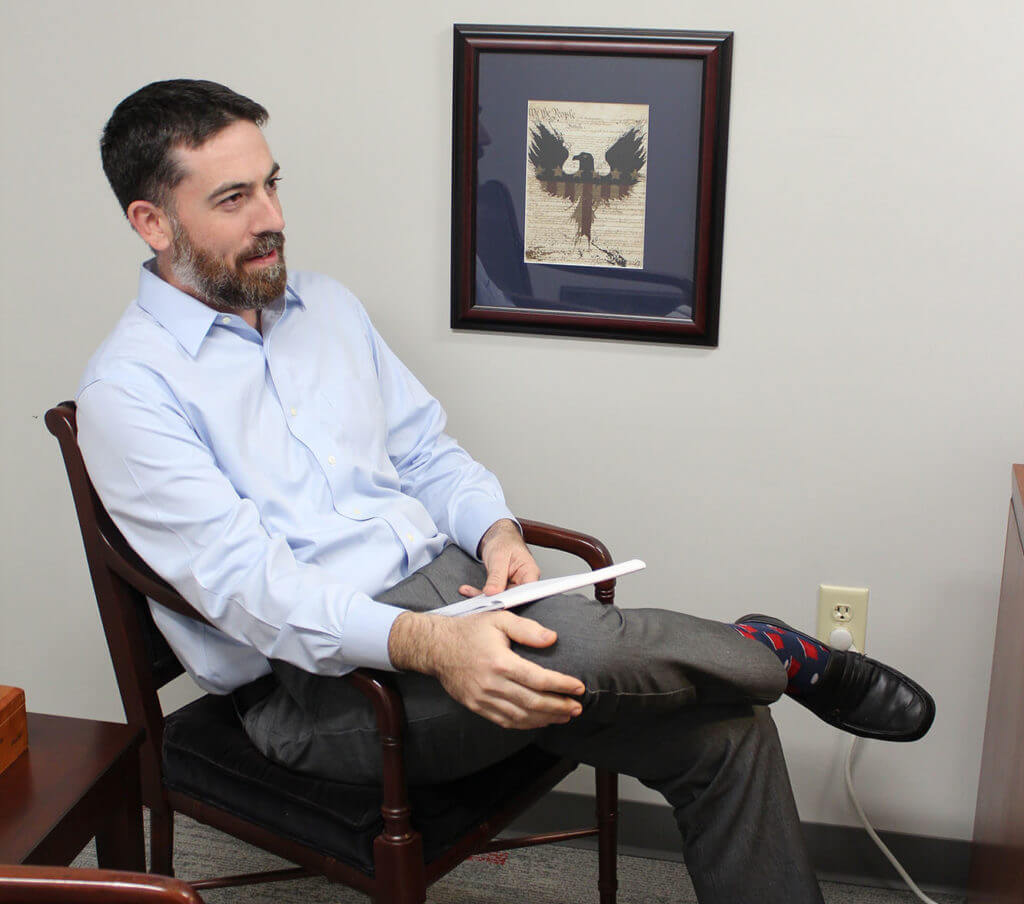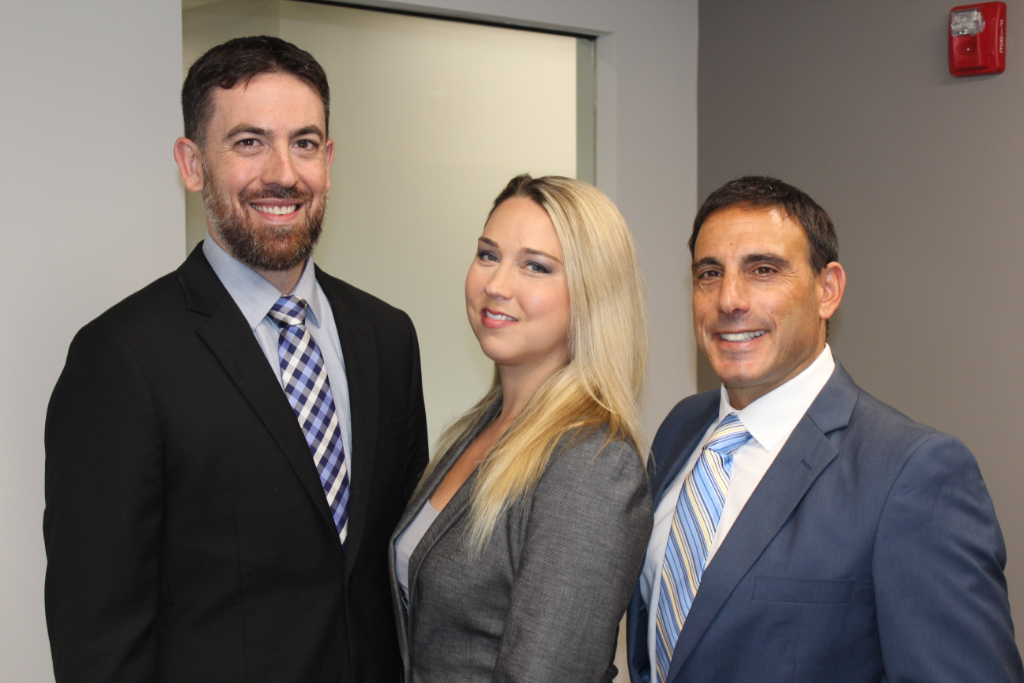Whistleblower Protection For Employees Reporting Tax Fraud
On July 1, 2019, President Trump signed the Taxpayer First Act of 2019, Pub. L. No. 116-25, codified at 26 U.S.C. § 7623(d). This new law provides robust protections for employees who report or oppose federal tax fraud, and it provides a shield for whistleblowers who report tax fraud under the IRS Whistleblower Rewards Program found at 26 U.S.C. § 7623.

What’s Protected
In addition to protections for employees who report tax fraud to the IRS, Secretary of the Treasury, Treasury Inspector General for Tax Administration (TIGTA), the Comptroller General of the United States, the Department of Justice, or Congress, the new Taxpayer First Act also protects internal disclosures. To be protected, the internal disclosure must be to a person with supervisory authority over the employee, or any other person working for the employer who has the authority to investigate, discover, or terminate the suspected misconduct.
The Taxpayer First Act applies a reasonable belief standard – if an employee makes an incorrect disclosure about something that is not tax fraud, but that the employee was reasonable in their belief that the situation was a violation of internal revenue laws, the employee is still protected. Common schemes reported by whistleblowers include under-reporting income and over-reporting the value of deductions, as well as more complex schemes.
In addition to protecting employees who blow the whistle on tax fraud, the new law also protects individuals who participate in any administrative or judicial action taken by the IRS relating to an alleged underpayment of tax. This includes witnesses who testify, provide evidence, or otherwise assist in any enforcement action or investigation.
The Process
The Taxpayer First Act is enforced by the Department of Labor’s Occupational Safety and Health Administration (OSHA). Whistleblowers must file a complaint with OSHA within 180 days of the most recent adverse action that they allege their employer took against them. OSHA will then follow the familiar procedures from Wendell H. Ford Aviation Investment and Reform Act for the 21st Century (AIR21), 49 U.S.C. § 42121(b). Upon receipt of a complaint of retaliation, OSHA will assign an investigator who will notify the employer of the allocations against it, and afford both parties the opportunity to respond and provide additional briefings.
At the conclusion of OSHA’s investigation, the Secretary of Labor will publish findings. If the Secretary concludes that there is a reasonable cause to believe that the employer violated the Taxpayer First Act, the Secretary shall issue a preliminary order providing relief to the whistleblower.
Remedies
Remedies available under the Taxpayer First Act are intended to make whistleblowers whole. Specific remedies identified by statute include reinstatement, double back pay with interest and compensation for “special damages” including attorney’s fees. In the past, the Department of Labor and courts have awarded damages for harm to reputation, emotional, mental or physical distress and anxiety, and even the impact on a whistleblower’s credit score caused by unemployment. After receipt of the Secretary’s findings and preliminary order, the parties have 30 days object to the Secretary’s findings and seek a hearing before the Department of Labor’s Office of Administrative Law Judges.
A Jury Trial
The Taxpayer First Act also includes the important right to seek justice in federal court. If the Department of Labor has not issued a final decision within 180 days of the filing of the complaint, a whistleblower can seek a jury trial in federal district court.
We Can Help
Our attorneys have experience representing whistleblowers at all levels, from the initial complaint with OSHA up through the administrative process, and in federal court. We have also represented whistleblowers making disclosures for rewards under the IRS Whistleblower Rewards Program. And, unlike many whistleblower attorneys, we have even fought the IRS itself in federal Tax Court to ensure that our whistleblower clients receive the maximum award available to them. Call Hoyer Law Group, PLLC at 844-277-1217 or contact us online.




